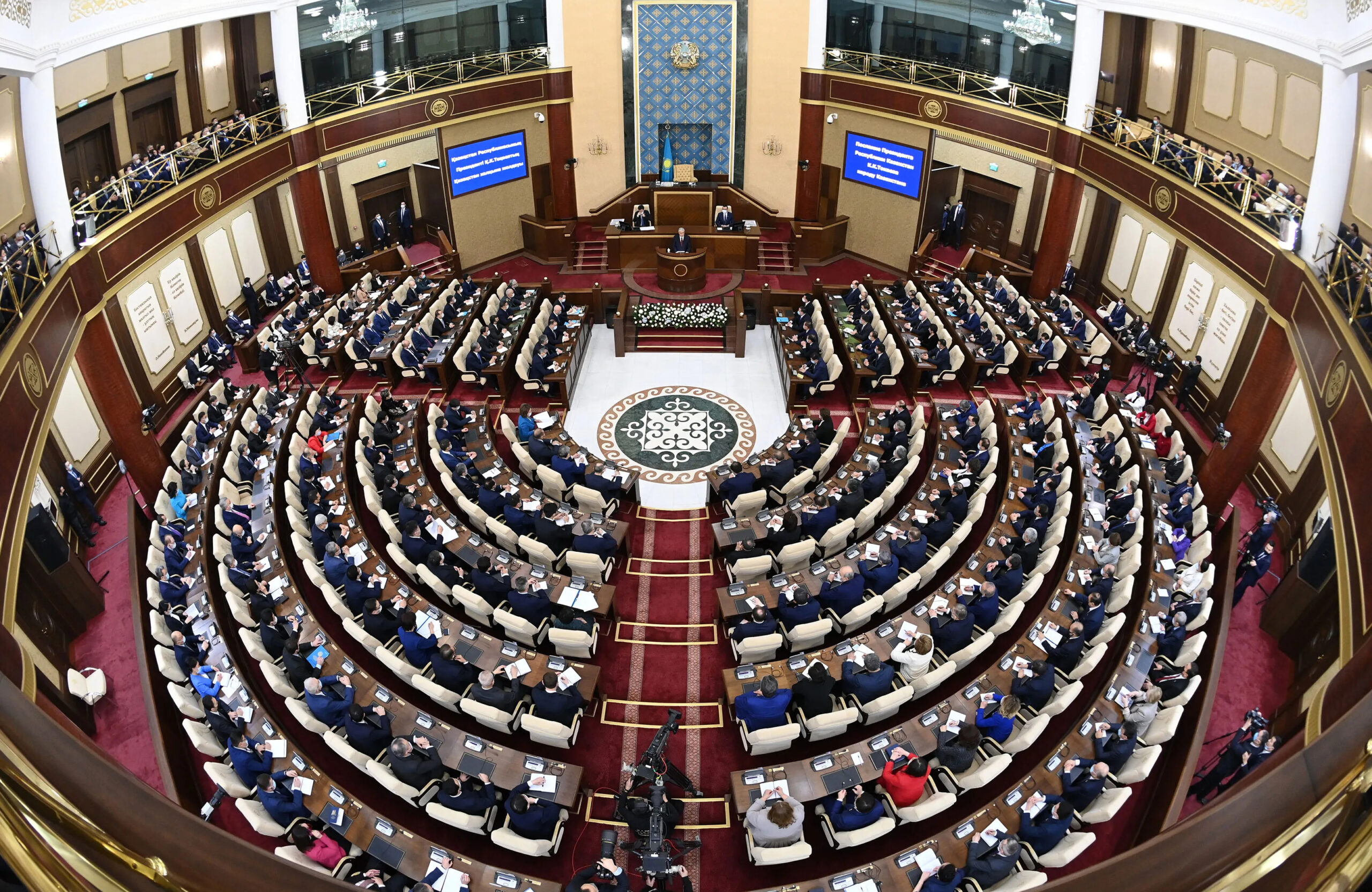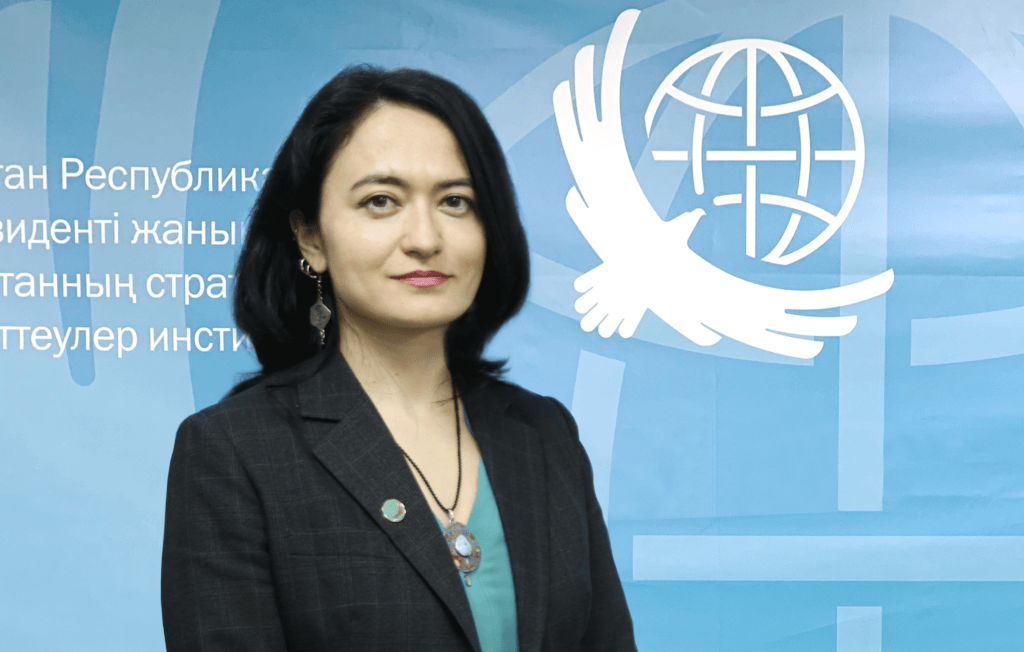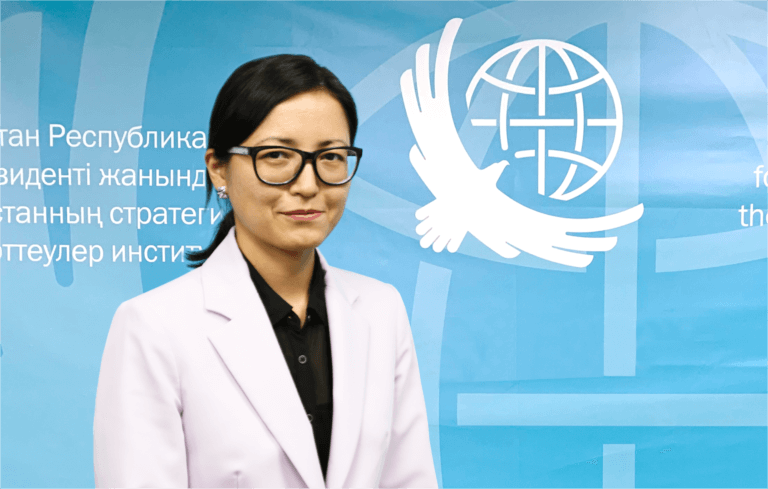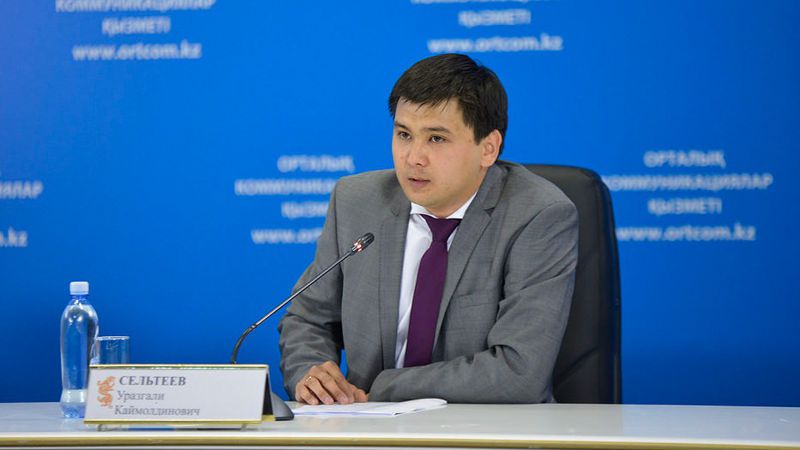ASTANA – Following the March 19 parliamentary election, a multiparty parliament has emerged in Kazakhstan, said Tatiana Lipina, a leading expert from the Kazakhstan Institute for Strategic Studies (KazISS). Six political parties gained seats in the Mazhilis, the lower chamber, compared to three in the previous convocation.

Photo credit: Central Communication Services.
The new multiparty system, she said, embodies strengthened competency of the Mazhilis. According to her, when faced with numerous tasks, “legislative assessment in light of the political system’s development and the anticipated economic, social, and other reforms is imperative.”
“It is advised that the institute of parliamentarians is reinforced within the Parliament and that analytical structures are established for each party. International experience shows the value of parliamentary analytical and expert work. In Germany, for example, laws are approved after extensive and detailed analysis, ensuring their correctness and coherence with the social, political, and economic climate given the development forecast,” she said.

Tatiana Lipina. Photo credit: kisi.kz.
Enhanced representation
KazISS senior research analyst, Gulmira Tukanova, noted the new Parliament’s political inclusivity due to the parties’ commitment to comply with the 30 percent quota reserved for women, youth and people with special needs in the distribution of parliamentary seats in the Mazhilis.
“The parliamentary representation of social groups that have little formal access to political decision-making has grown dramatically,” Tukanova said.

Gulmira Tukanova. Photo credit: kisi.kz.
She noted improvements that increase political engagement should serve as a model for increasing political and social participation in other institutions of power.
According to Tukanova, “overcoming disparity in political involvement should lead to overcoming inequality in the distribution of the benefits.”
Despite greater representation in the Mazhilis, Tukanova noted some shortcomings.
“For instance, the quota lacks clearly defined lines between different groups and does not apply to legislative seats held by a majority. Perhaps these factors will be considered at the next election,” she said.
Government accountability
Engagement between the government and the Parliament is expected to become more principled and tougher, said Urazgali Selteyev, director of the Institute of Eurasian Integration, in an interview with Zakon.kz. He believes members of the Mazhilis will have to focus more on current problems and demand specific solutions.
“There will be a shift from the usual theatrical performances where ministers and vice ministers are simply called on the carpet and reprimanded for omissions in their work and mistakes,” Selteyev said.

Urazgali Selteyev. Photo credit: inbusiness.kz.
In his opinion, the Amanat party, which received the majority of votes and nominated a candidate for the Prime Minister (Alikhan Smailov), will face complete political responsibility for the work of the government, and any shortcomings will be connected directly to that party.
A positive change, he said, is that the Amanat party has begun to “share power,” which will allow the Parliament to operate under diverse viewpoints and positions of political parties.
He cited the election of the Aq Jol party representative Daniya Yespayeva as vice speaker of the Mazhilis and the Auyl party representative Serik Yegizbayev as chair of the Agrarian Committee as an example of these changes.
Increased protection for small and midsize businesses
Selteyev also noted that two parties – Aq Jol and Respublica – will represent business interests. While Aq Jol has long been identified with promoting the interests of large industrial enterprises and financial entities, the Respublica party, however, will primarily focus on the concerns of small and medium-sized businesses (SMEs).
“As small and medium-sized enterprises begin to play a larger role in the economy, I believe they will raise issues related to the protection of SMEs more openly and principally,” said Selteyev.
He noted the new Parliament will ensure that adequate rules are applied in the development and protection of SMEs.
Selteyev also welcomed President Tokayev’s acknowledgment of regulating lobbying in his speech, calling it long overdue.
“I welcome that the President addressed the regulation of lobbying at the legislative level for the first time. The adoption of lobbying legislation is long overdue. This reduces certain corruption risks and offenses, although at the same time it is common practice for citizens and socio-political organizations to band together and advocate for a norm, amendment, or law that influences the establishment of fair regulations in a specific sector,” Selteyev said.
The measure, he noted, would deter members of Parliament from supporting someone’s interests behind closed doors for a payment.
